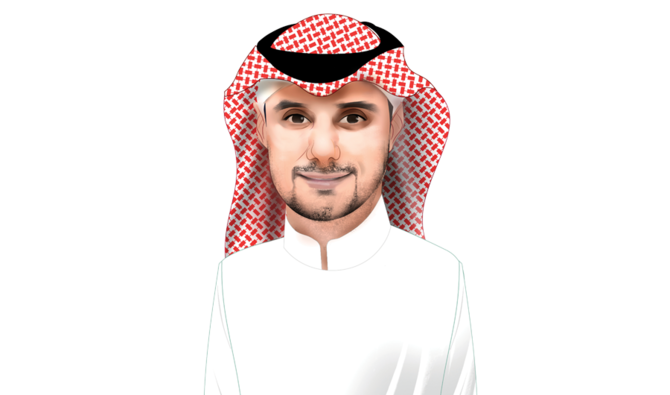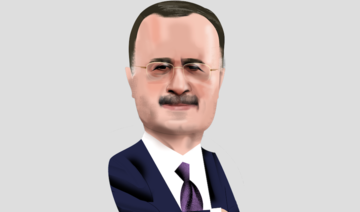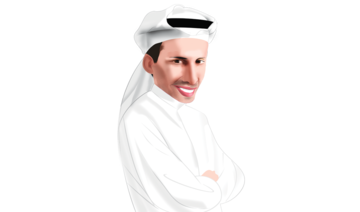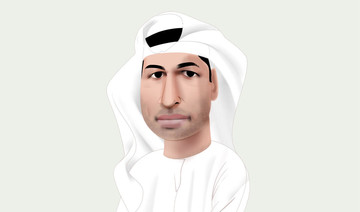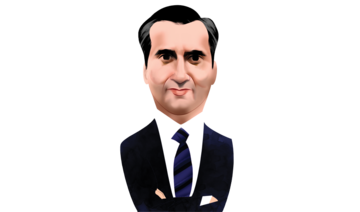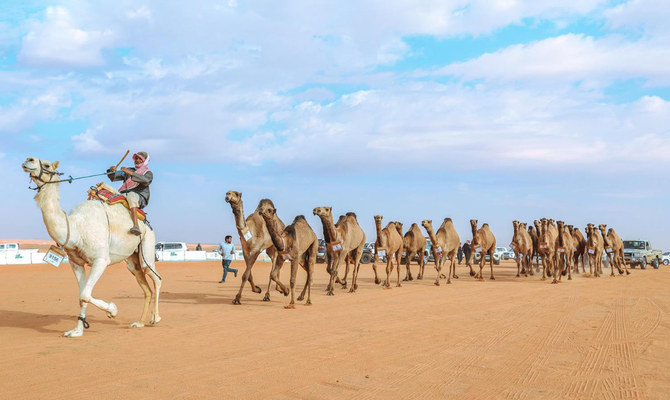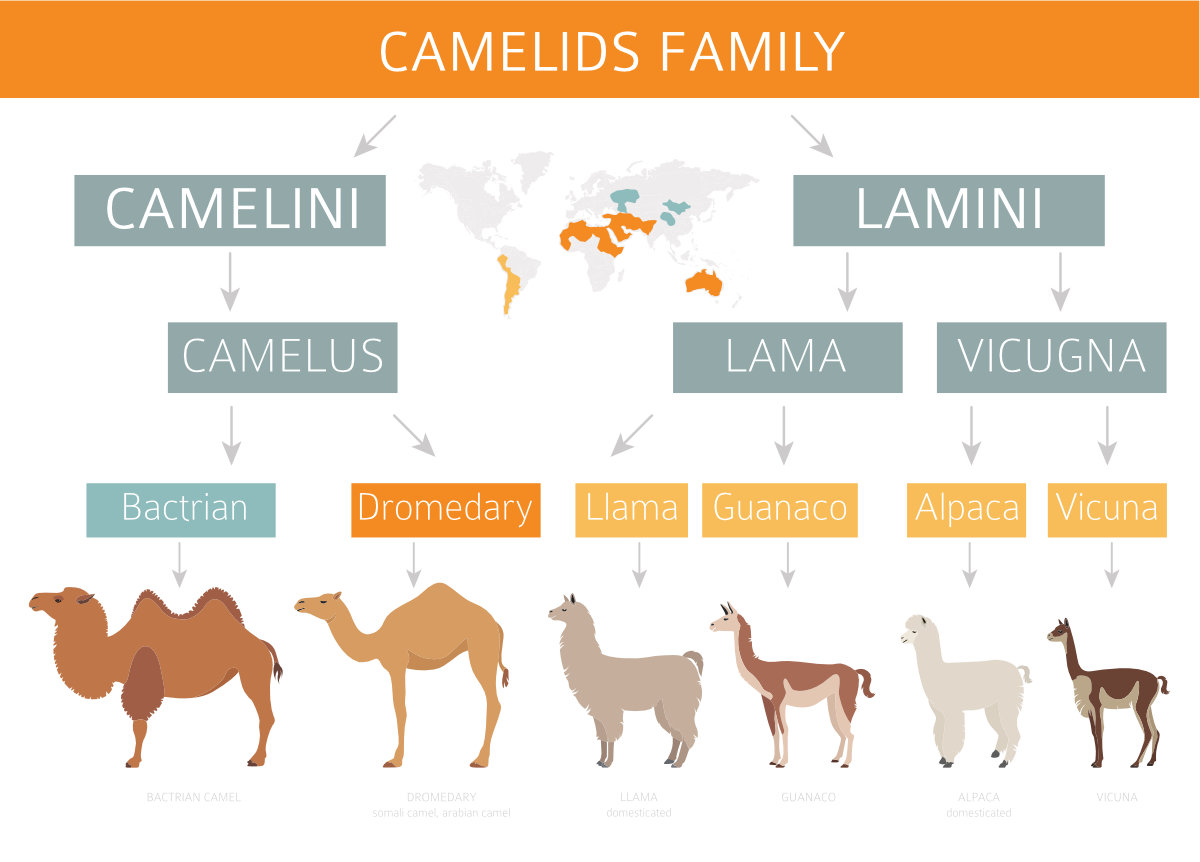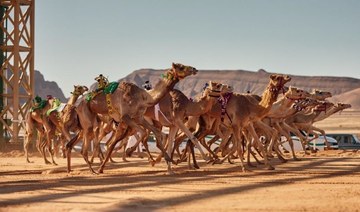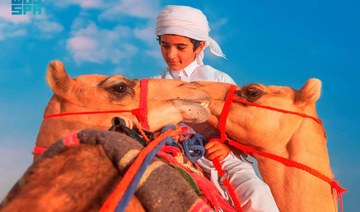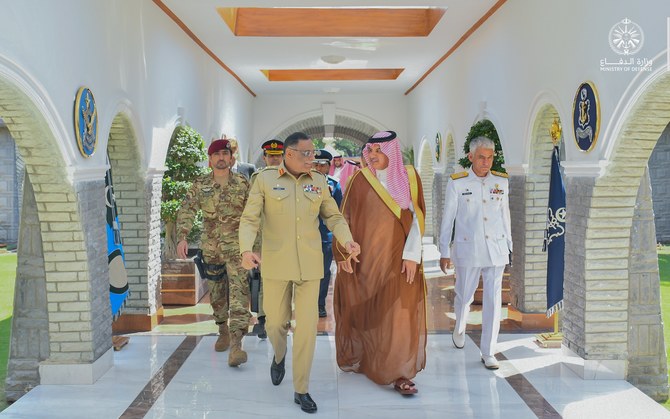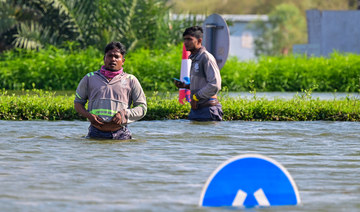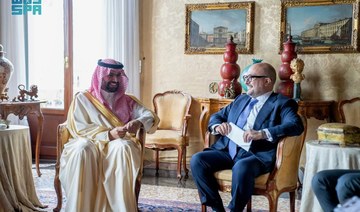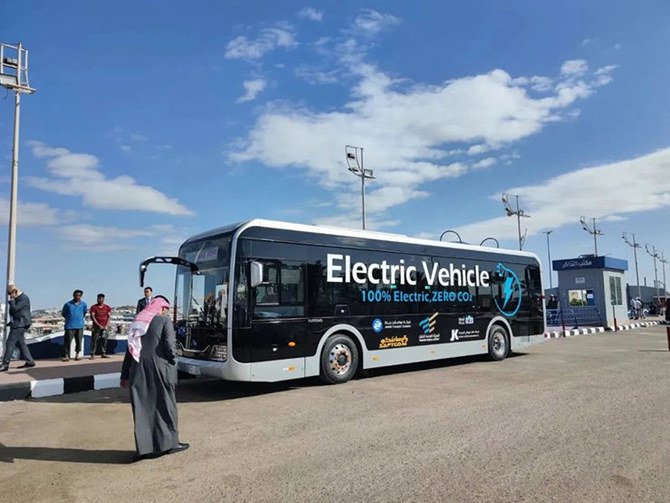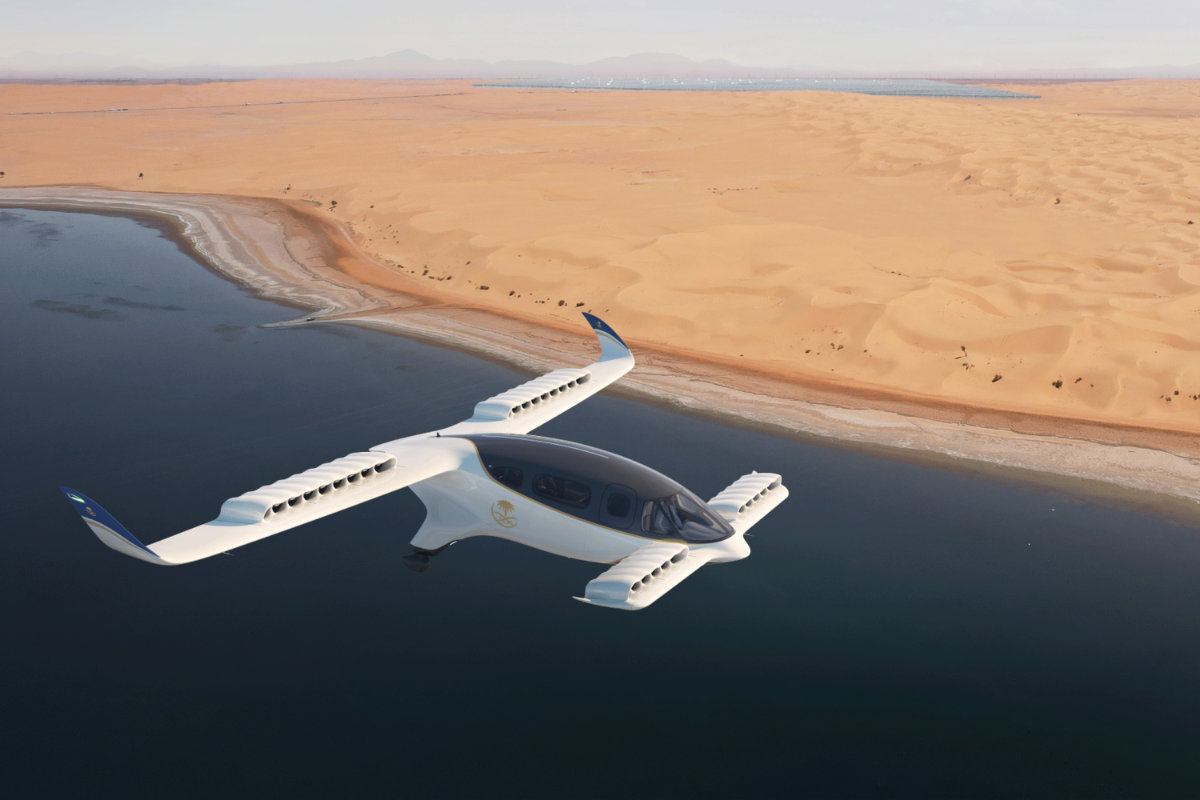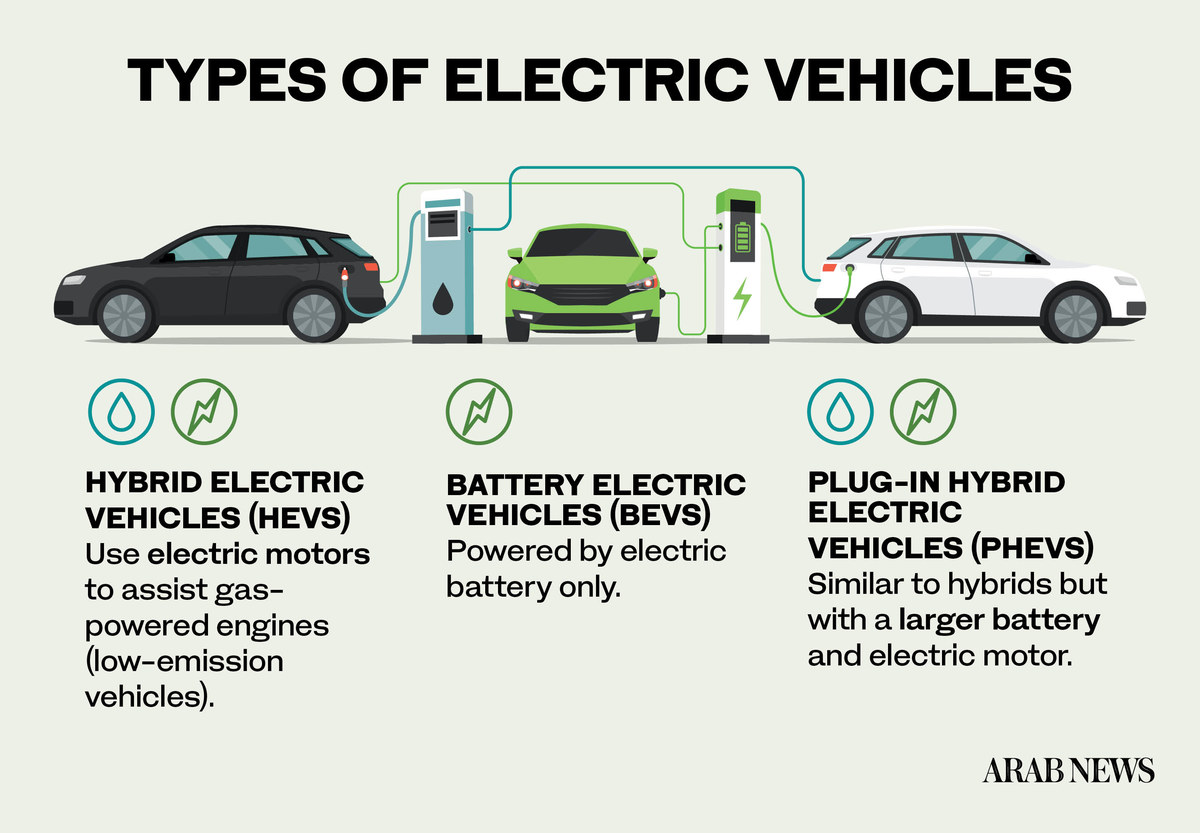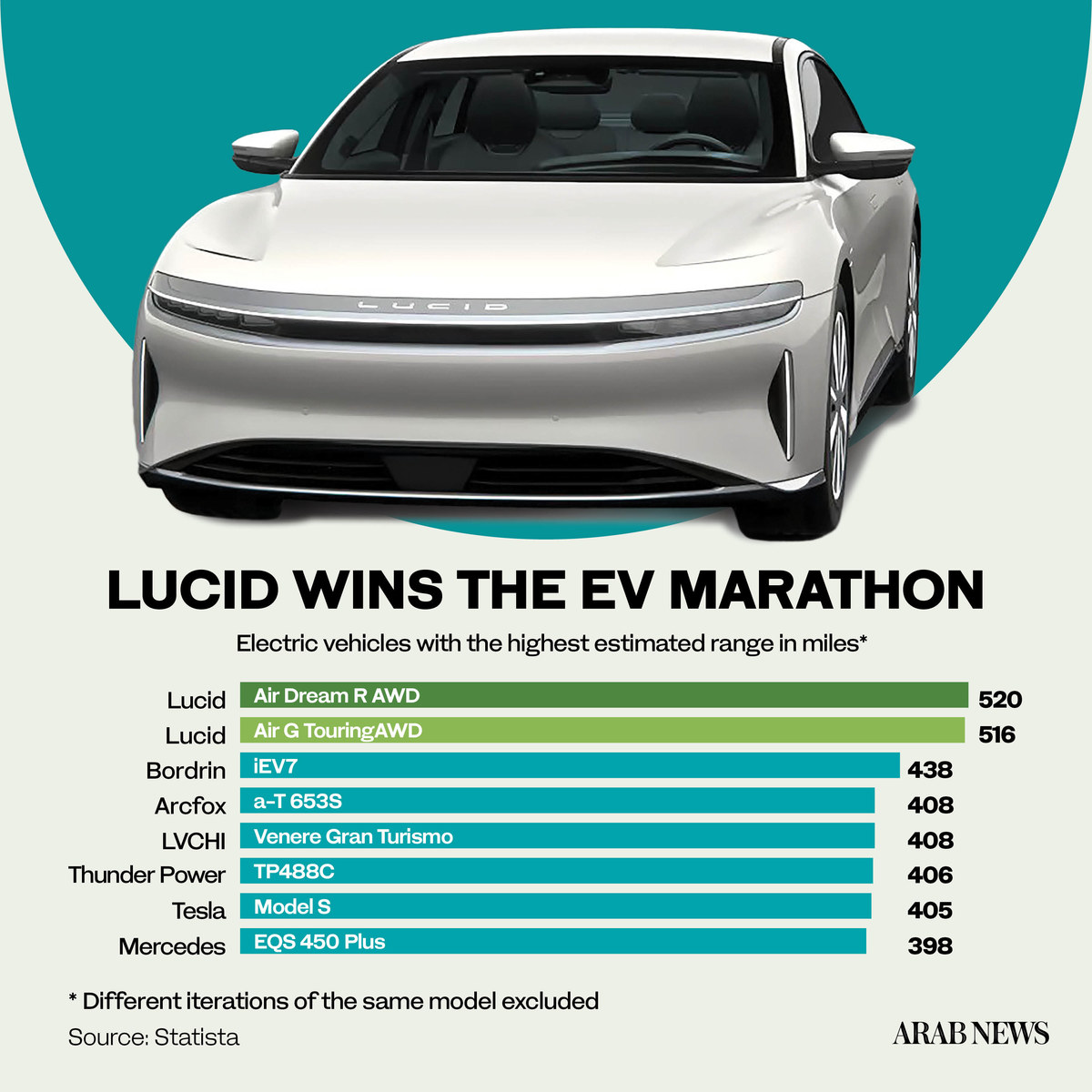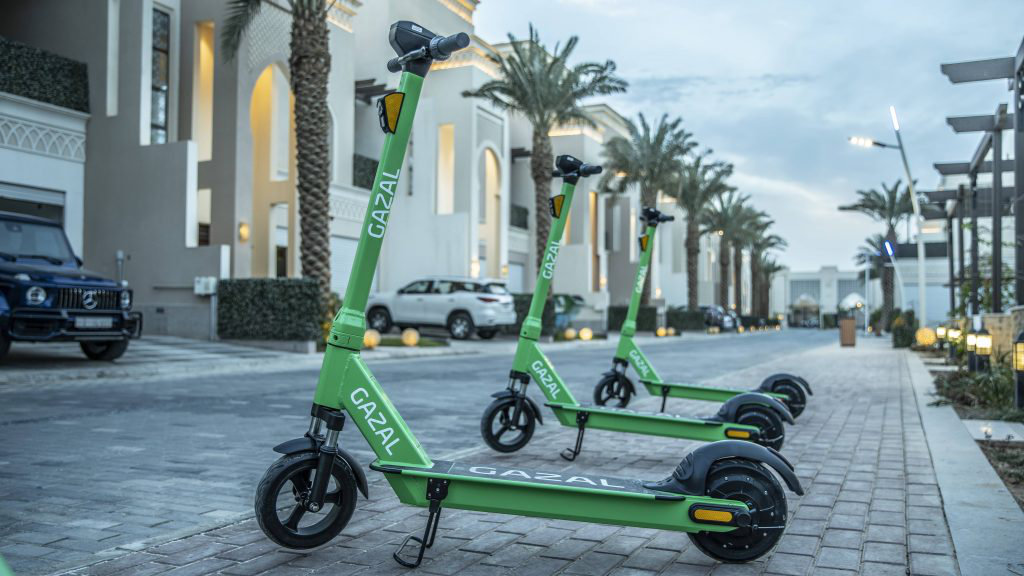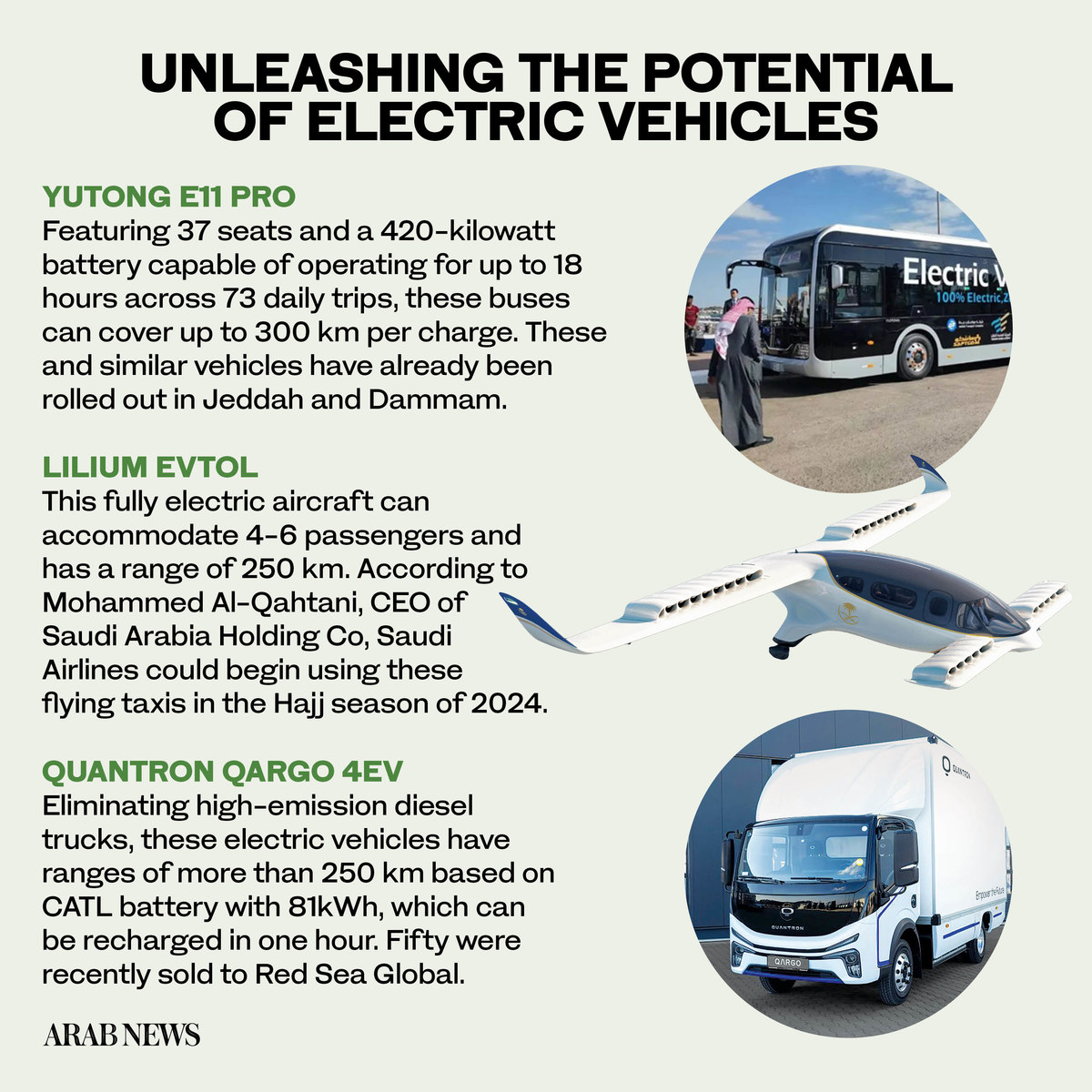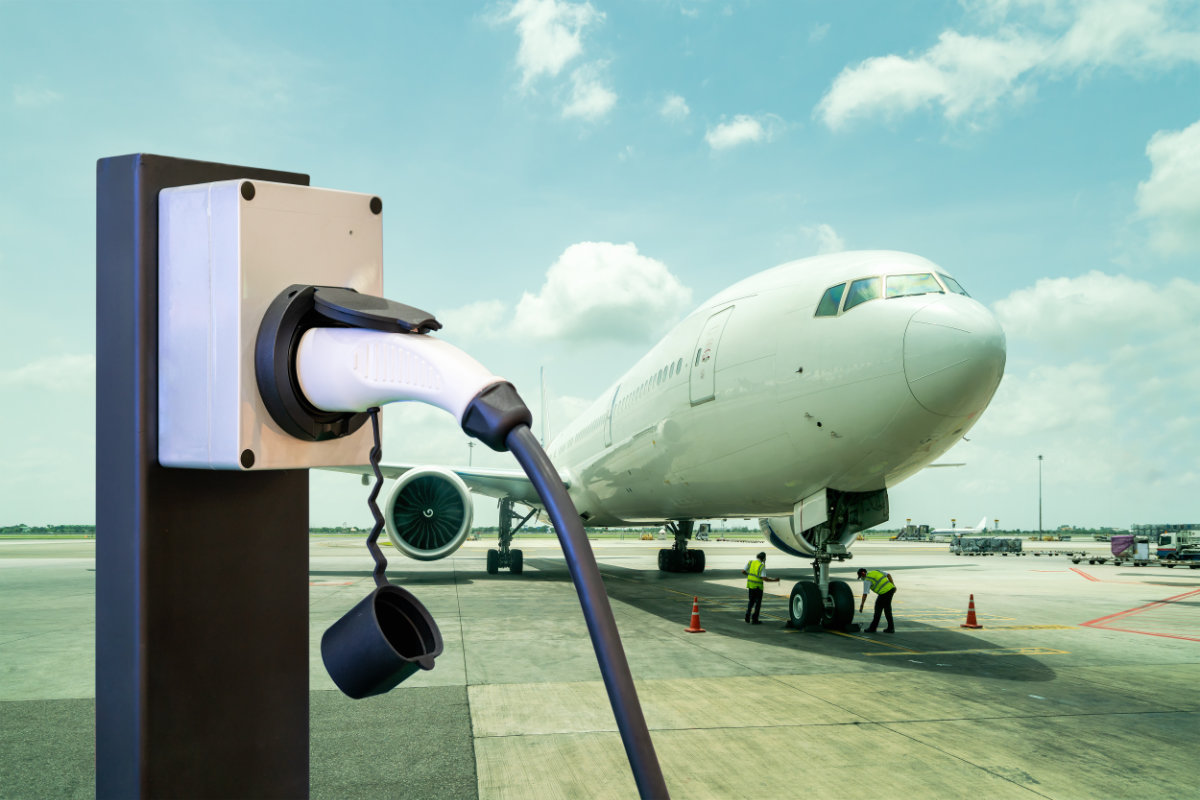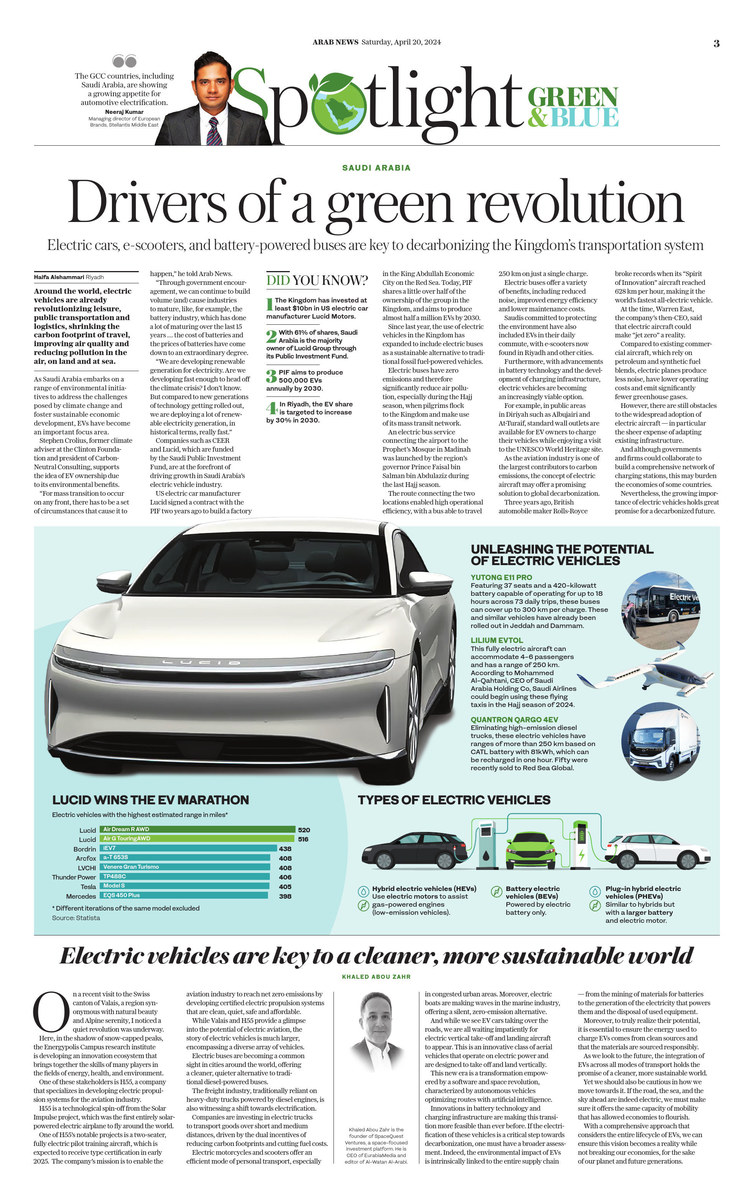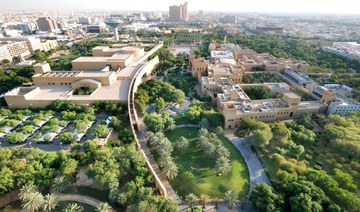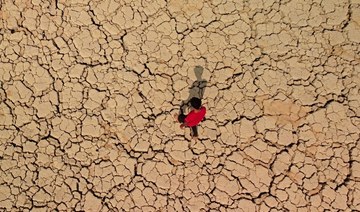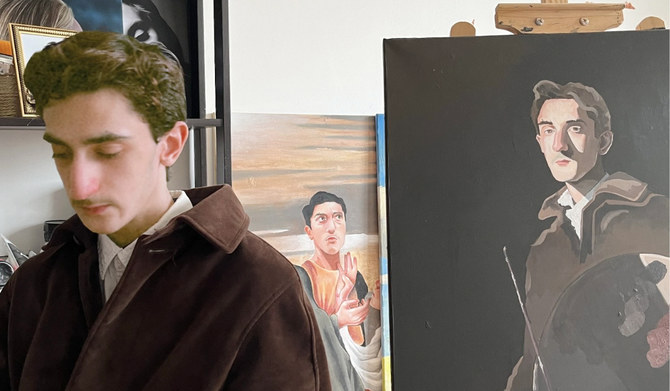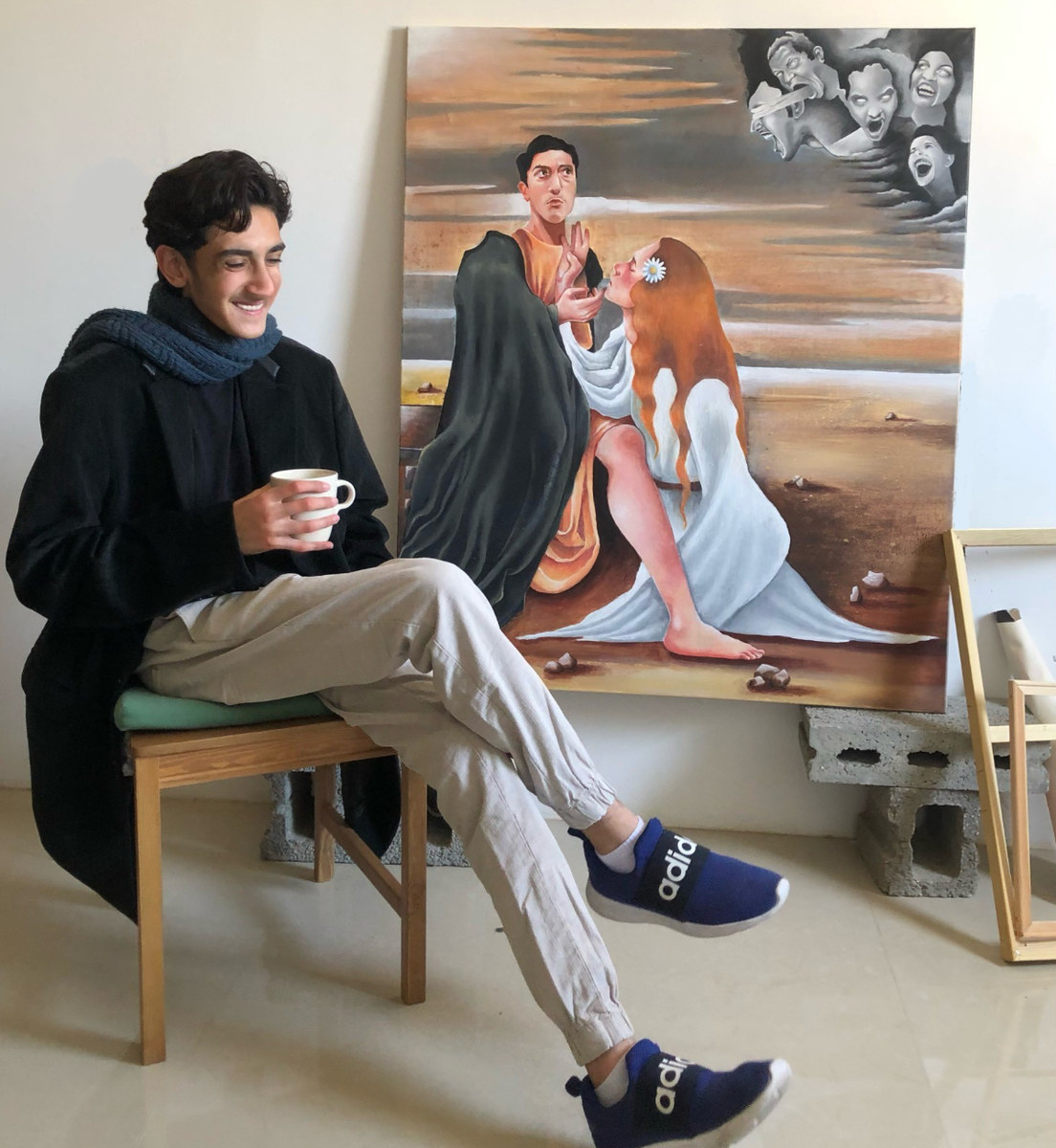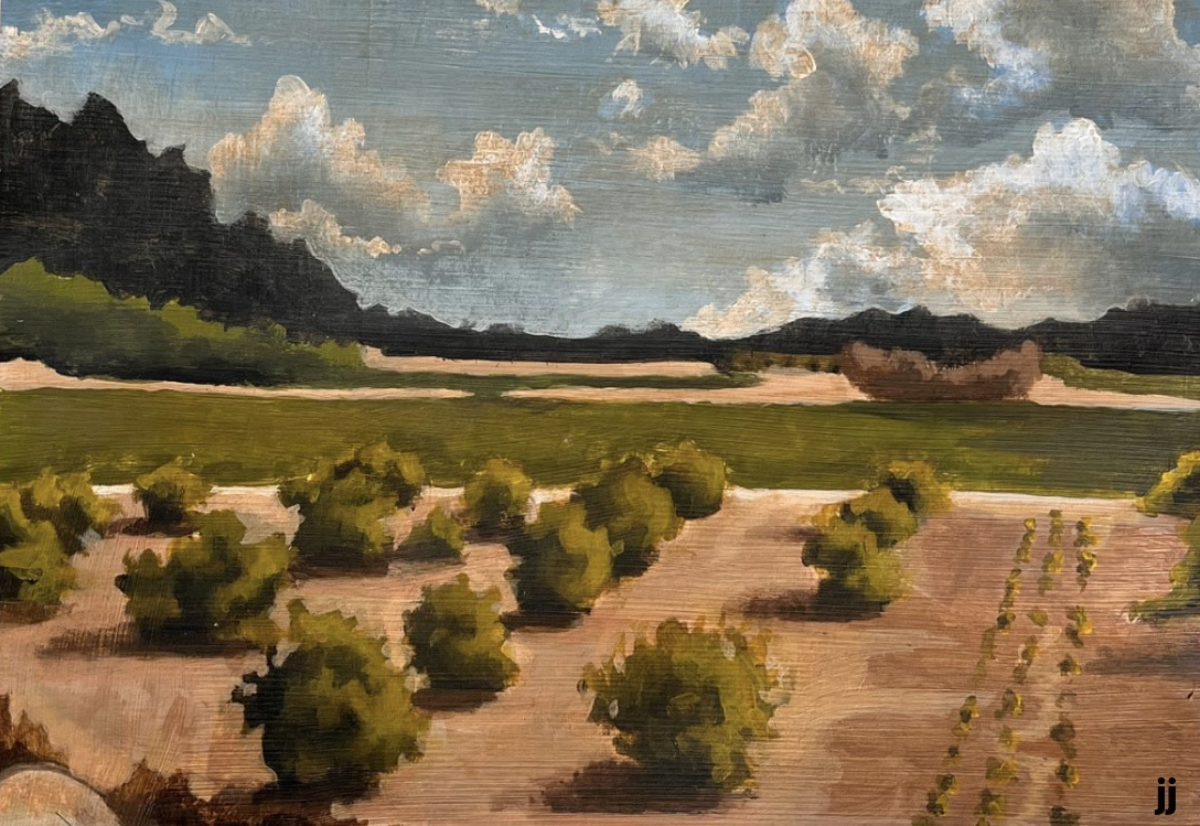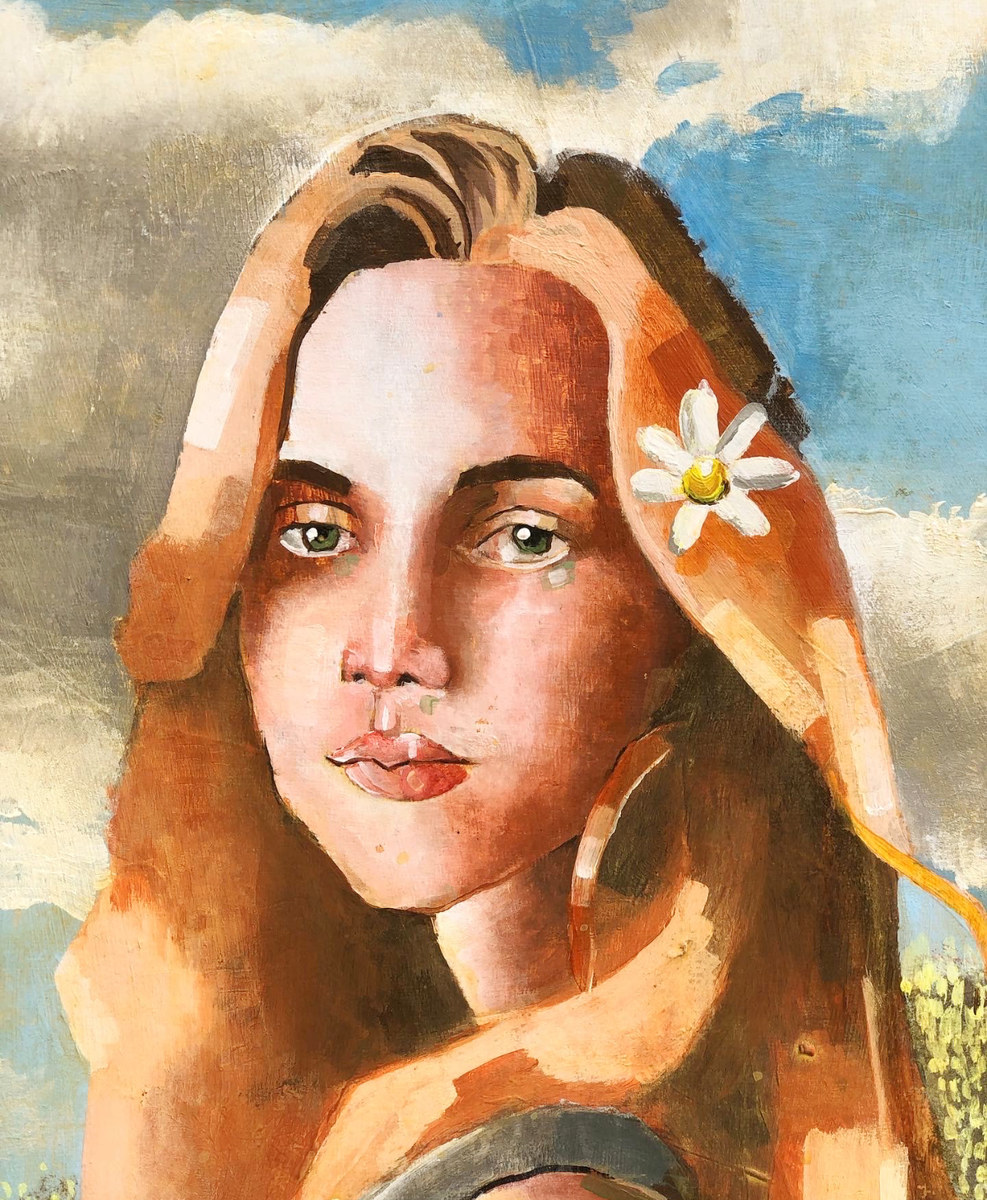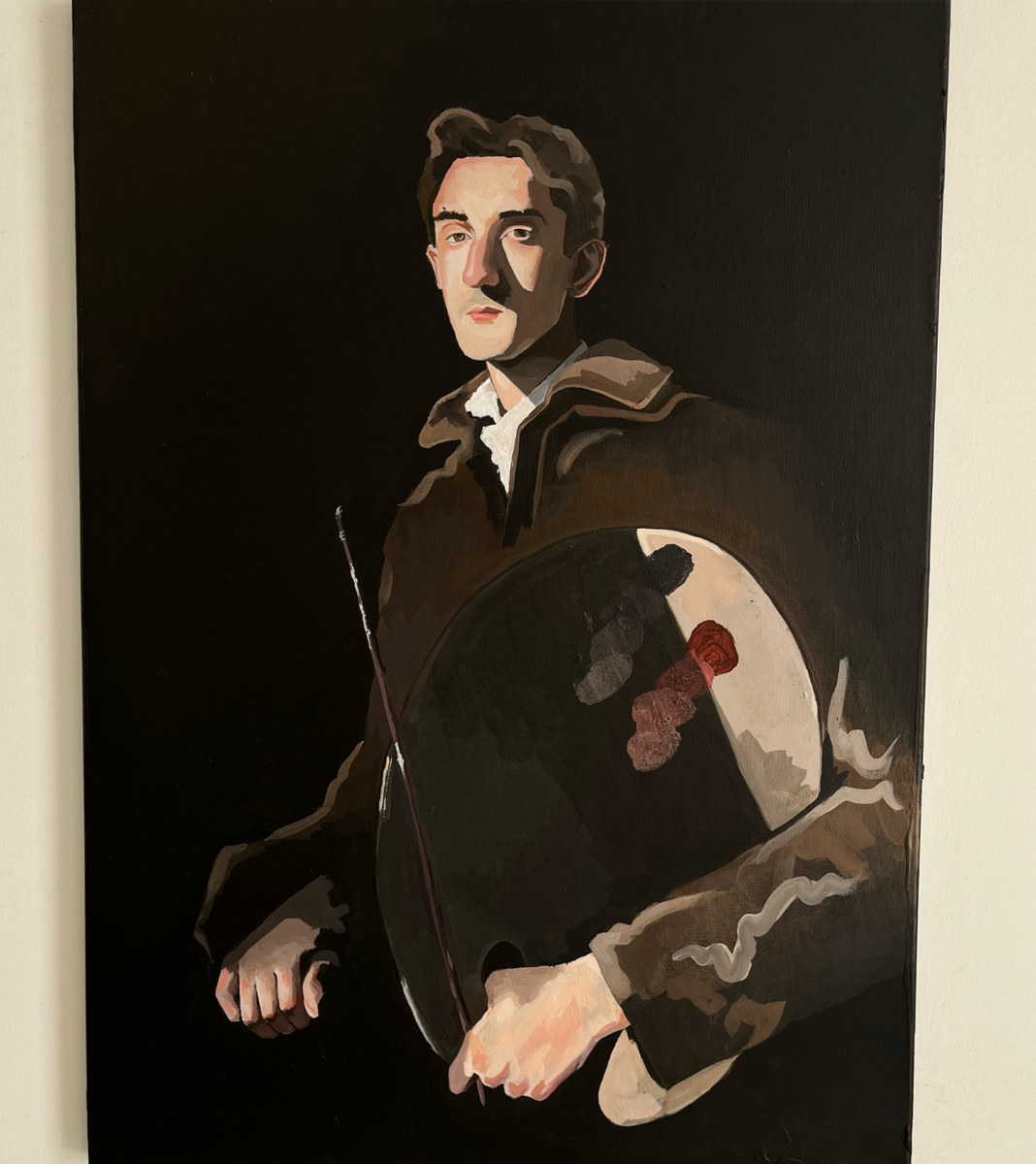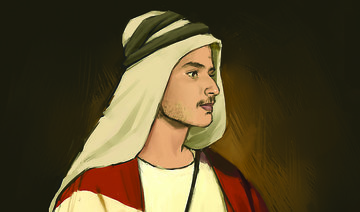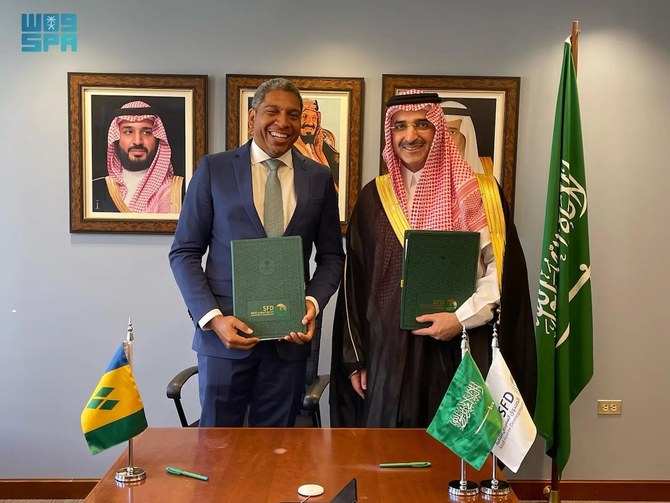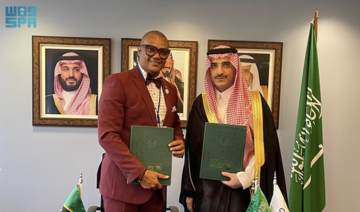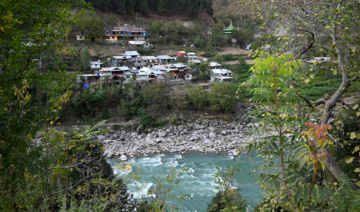JEDDAH: Arab News recently got up close and personal with Prince Khaled bin Alwaleed, a name that is often associated with successful business, entrepreneurial and humanitarian ventures.
Khaled bin Alwaleed has never conformed to the typical image of what a royal should be like, and he says this was down to his parents.
“It stems from how I grew up and what my parents instilled in me. They really emphasized how important it is to connect with people no matter what position in life they hold.”
He said that his mother used to get on with everyone in their household, from kitchen staff to gardeners, on a very personal level, giving each person importance and inclusion. “That connection — that characteristic — is probably one of the best examples of how I grew up.
“Sometimes I don’t act in the ‘proper’ manner that people expect. I’m here to do what I believe is right, and what I believe is right is being myself.”
He admits that in the past he had struggled with the conflict of how he should act to suit the persona expected of him.
He admits that he struggled in the past to manage people’s expectations of him.
“I thought I should act in a certain way, do certain things that were expected of me, but were really alien to my personality and what I wanted to do for myself. In the end, what has worked best for me is being as honest and as genuine as possible.”
The Investor
Prince Khaled founded his holding and investment company, KBW Ventures, in 2014, and he has made it his purpose to invest in a broad range of businesses, from technology start-ups to successful companies.
Prince Khaled doesn’t consider himself a renowned entrepreneur — he says calling him this would steal the thunder from everyone who started from scratch. He thinks of himself as more of a venture capitalist who supports entrepreneurship in Saudi Arabia and elsewhere.
Before taking on a project, what he looks for most is the drive, knowledge, and commitment of the entrepreneur.
“I look at how well they understand how to scale a particular business, and the business itself. It is important to know how well the founder (of the business) knows the industry, the numbers, competition, and how to best showcase their product or service and put it in front of the right audience.”
BIO
Name: Khaled bin Alwaleed bin Talal bin Abdul Aziz Al-Saud
Date of Birth: 21 April 1978
Education: Bachelor in business from the University of New Haven.
Current position: • Founder and CEO of KBW Ventures • Founder and Chairman of KBW Investments.
His advice to local businesses (and this applies to young entrepreneurs, as well) is to do their homework on the industry of the start-up, the potential verticals that exist, scalability, and to assess everything through due diligence before jumping into a project — at least that’s how he runs things.
“We should all want to be part of Saudi’s forward trajectory. My ideal situation is to put Saudi Arabia on the map as having the most successful track record for venture-backed companies. KBW Ventures has thankfully had a very good start but it doesn’t stop there. I want to partner with more Saudis to expose our entrepreneurs and our venture capitalists to international markets and international venture-backed companies. We’re not just an oil-rich country; we’re rich in entrepreneurship, we’re rich in innovation, and hopefully, quickly getting richer in terms of our history with venture-backed companies.”
He thinks the future is in the hands of the youth, basing this view on how Crown Prince Mohammed bin Salman has changed things in Saudi Arabia.
“Mohammed bin Salman is the face of Saudi youth and its future — he has mobilized and invigorated the younger generation like no one before. I’ve never seen so many young people looking for a way to support the country and get involved — it is the best time for us as Saudis.”
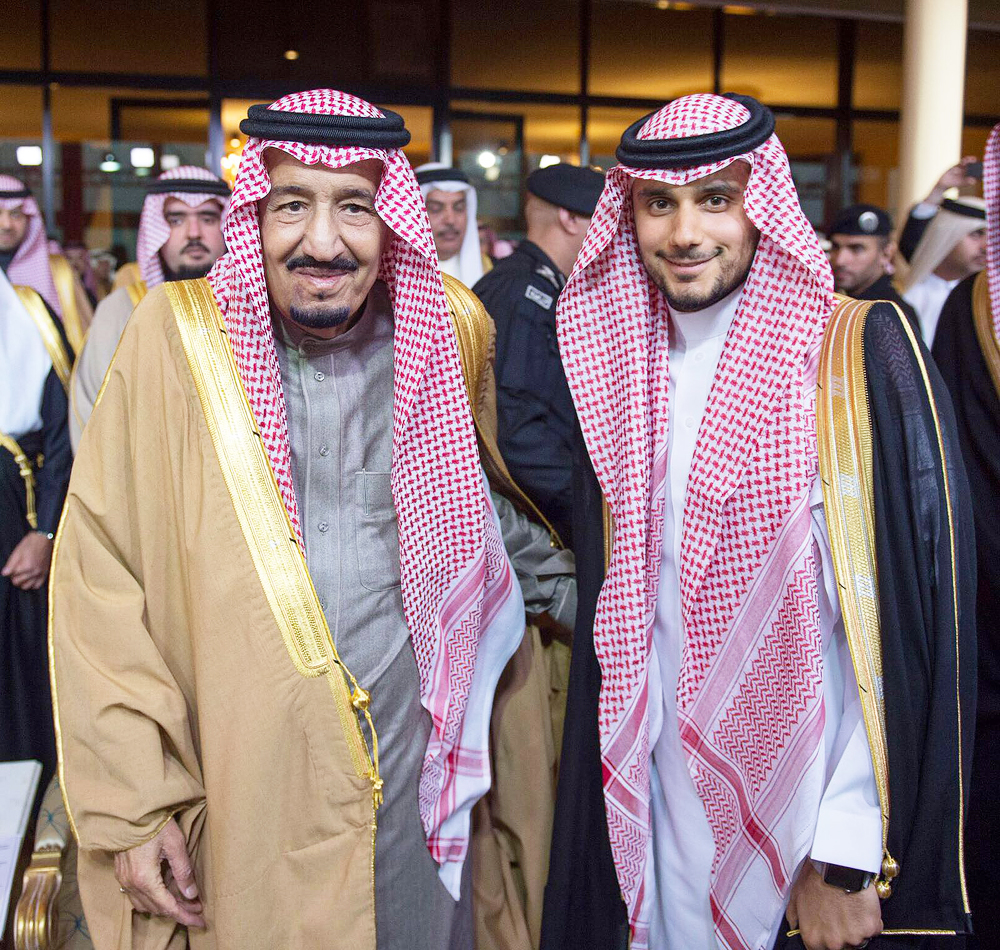
Prince Khaled with King Salman
Prince Khaled has much more on his agenda, focusing on causes where he can make a difference such as “climate change, sustainability and animal welfare,” he said.
With KBW Ventures, he hopes to act as an ambassador to a healthier, more sustainable society.
The prince is also an enthusiastic humanitarian and vocal vegan, who has chosen to apply his beliefs to his lifestyle first.
“I started as a vegetarian many years ago and gradually transitioned my lifestyle completely; I’ve talked extensively about the health benefits and I think if people even adopt reducetarian measures it is great for the planet and for overall health and wellbeing.”
He said that at this point, maintaining a healthy lifestyle is no longer an option but a necessity. “I really feel the need to incorporate physical activity into my day and it’s matched with clean eating. No matter how busy you are, your health is the most necessary aspect as obviously if that isn’t a priority things fall apart very quickly. I work out daily and I eat well; that’s what fuels me to do what I do.
He has noticed the onslaught of GCC individuals going plant-based. He thinks that they are motivated by a combination of factors: the desire to live healthier and to live more humanely, in terms of being kinder to animals and reducing our damage to the earth. He is fully supportive of the General Sports Authority Chairman Prince Abdul Aziz bin Turki Al-Faisal with its mission of promoting mass sports participation and working on educating the health care system and citizens in general. “I’m not naïve enough to think the world is going to go vegan, it is not practical. Saudi is a very meat-centric culture; for the Saudi health problems of obesity and heart-related issues, I really encourage everyone to try a reducetarian diet by incorporating more fresh vegetables, legumes, basically just expand your eating horizons.”
Saudi Humane Society
Prince Khaled’s latest move on a very resolute chessboard is taking on the role of the presidency at the Saudi Humane Society (Rifq, or SHS) in January 2019. He told Arab News: “I happily accepted the role as I believe I can add value there.”
Acting as one of the first NGOs in Saudi, SHS was dormant for the past few years, he said. Under his leadership, SHS now has two, five and 10-year goals across various tenets.
SHS will be introducing TNR [Trap-Neuter-Release] programs, as some Saudi cities have issues with strays.
“This issue wasn’t dealt with humanely in the past, and the important thing is that moving forward we work toward preventing these incidents from happening again.
The Minister of Municipal and Rural Affairs, HE Eng. Abdullatif bin Abdulmalik Al-Sheikh, banned animal poisoning; a noteworthy first step in the right direction, followed by TNR.”
SHS will also work with the Convention on International Trade in Endangered Species of Wild Fauna and Flora (CITES), on the legislation to prevent the import of exotic animals, as well as with other organizations to deal with exotic animals in Saudi and returning them to the wild.
“We’ll be collaborating with the government on recommendations on how to best operate the sanctuaries, introduce animals back into the wild, and also educate the public on the importance and absolute necessity of biodiversity,” he said.
SHS also led a campaign recruiting young volunteers in different regions of the Kingdom to participate in rescuing animals. Prince Khaled is a firm believer in the youth’s effect on the advancement of society.
“Activating our youth across everything we do is how we really activate Saudi, whether it is for animal welfare or for our work with health and wellness. There has been a slew of volunteers coming to donate their time, effort and their emotion to these animals. We are so blessed to have a relationship with these people, they’re passionate and they really care. They will work on a TNR program in Madina, starting from the university in Taibah where they’ll trap, neuter then relocate the animals in other areas.”



